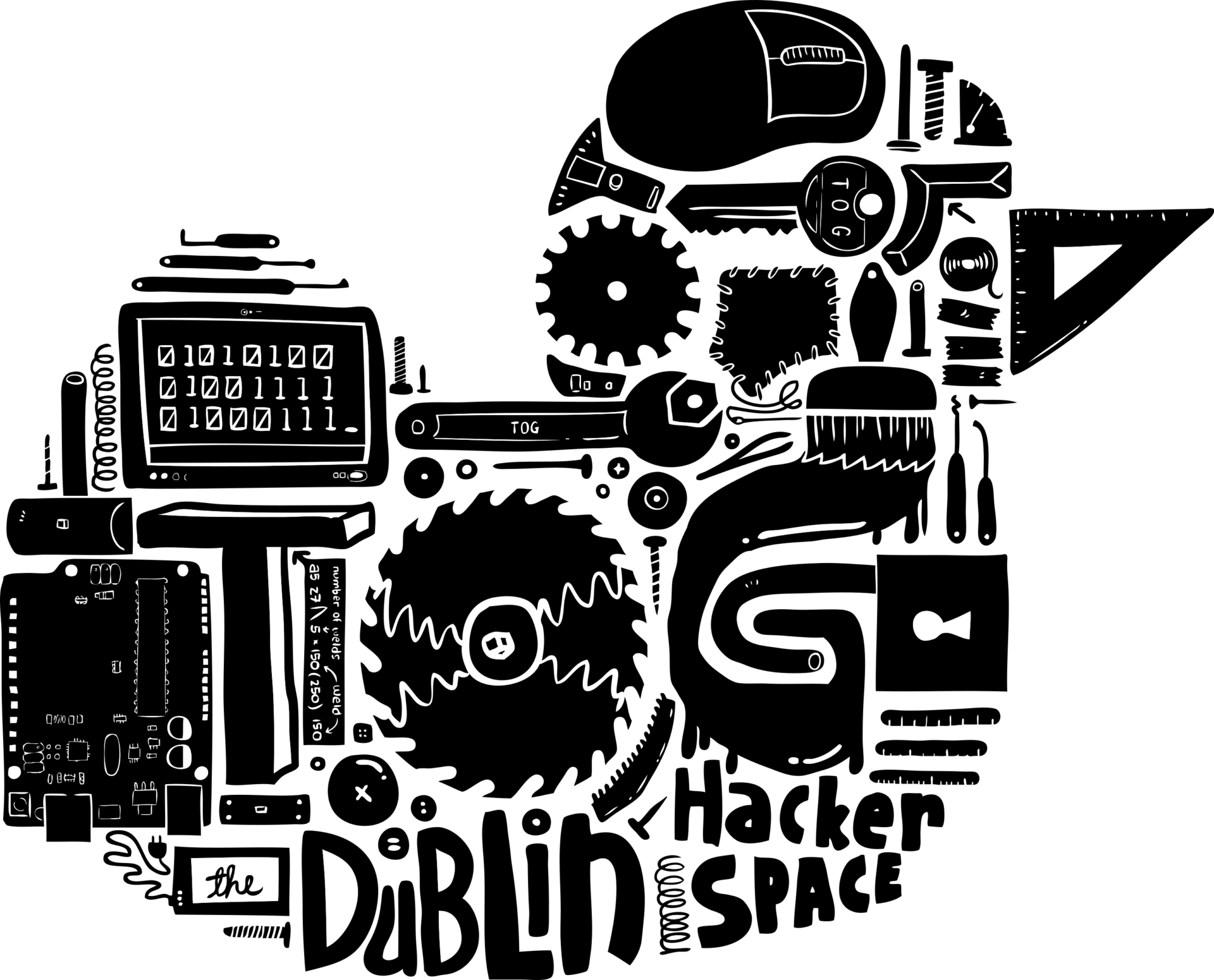
Once more into the workshops dear friends! This first workshop will focus on getting used to the LilyPad microcontroller, and getting started programming some LEDs.
(The second workshop will focus on reading data in from sensors. A third workshop will be added if requested. Book your place on them as the posts go up.)
Content;
The first workshop is for complete beginners; an introduction to the LilyPad system, from what the different parts of the board do, to some basic coding, and turning on/off some lights. The only thing you’ll need to bring with you is a laptop with USB port, everything else is provided. (If you want to bring your own LilyPad components that’s great, just let us know when you’re booking and we’ll make sure you have everything you’ll need.)
Important: please bring your own laptop with USB port. Closer to the event you will receive instructions on how to install the programming environment.
Optional materials; Any LilyPad board (preferably the Protosnap), with a handful LEDs, including an RGB LED, and a switch or two.
If you want to play with the LilyPad before buying, Protosnap boards can be provided for the duration of the workshop, but you’ll probably have to work in groups of at least two people.
When: Thursday, January 30th. From 7pm until 10pm.
Where: TOG.
Cost: €10 for non-members, €5 for members. (All proceeds go to support TOG.)
Please register for this workshop through the contact form below the cut.
Fully booked. Please check back for a rerun of the course in a few weeks.




 Linux is a free open-source operating system invented by Linux Torvalds and developed by a community of developers worldwide. Linux is based on UNIX and has been ported to every platform in use today including PC, Mac, Sparc and ARM and is the base operating system behind Arduino and Android. It is released under the GNU public license and can be copied and reused freely.
Linux is a free open-source operating system invented by Linux Torvalds and developed by a community of developers worldwide. Linux is based on UNIX and has been ported to every platform in use today including PC, Mac, Sparc and ARM and is the base operating system behind Arduino and Android. It is released under the GNU public license and can be copied and reused freely.
